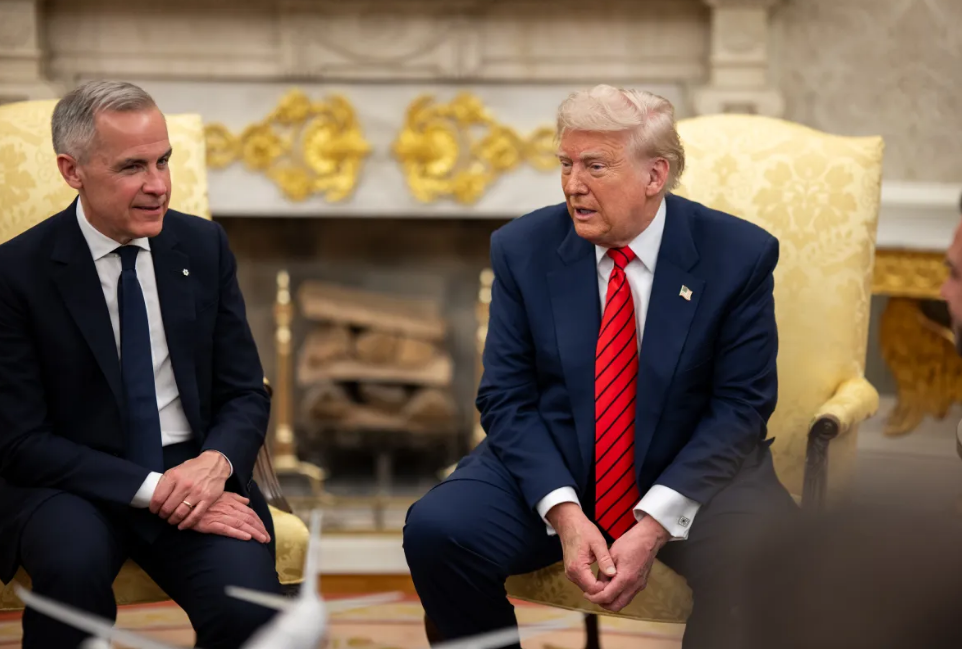On July 31, President Trump signed an executive order increasing tariffs on Canadian goods imported to the U.S. from 25% to 35%. This order took effect on August 1, but exempts products under the United States-Mexico-Canada Agreement (USMCA). Since most cross-border trade in the automotive sector between the two countries falls under USMCA, the new tariffs will have minimal impact. Cars produced in Canada and imported to the U.S. will still face a maximum tariff of 25%, but the specific rate will be adjusted based on the proportion of domestic parts used. The White House stated on July 31 that Canada has 'failed to actively cooperate with the U.S. in combating the drug crisis' and retaliated against U.S. trade actions with counter-tariffs. The statement emphasized that due to Canada's ongoing inaction regarding cross-border drug trafficking and its retaliatory measures against U.S. tariffs, President Trump decided to raise the tariff rate on Canada from 25% to 35% to effectively address the current crisis. Canadian Prime Minister Mark Carney expressed disappointment over Trump's actions but reiterated Canada's commitment to complying with USMCA while seeking to diversify trade partnerships. Carney noted that while the average tariff rate on Canadian goods imposed by the U.S. under USMCA remains among the lowest for all its trading partners, other sectors of the Canadian economy, including lumber, steel, aluminum, and automotive, are significantly affected. He also mentioned that the Canadian government has been enhancing border controls with the U.S., but fentanyl seizures account for only 1% of total illegal imports into the U.S. Meanwhile, on the same day, Trump announced a 90-day extension of the existing 25% tariff rate on Mexico following a phone call with Mexican President Claudia Sheinbaum. Trump stated that the complexity of the trade agreement with Mexico differs from that with other countries, stemming from border issues and resources. Sheinbaum mentioned on social media that they avoided the tariff increase scheduled for August 1, describing the conversation with Trump as 'very smooth.' The Mexican Ministry of Economy indicated that approximately 85% of goods exported from Mexico to the U.S. comply with the origin rules set forth by the USMCA, thus avoiding the 25% tariff related to fentanyl. However, Trump stated that the U.S. would continue to impose a 50% tariff on steel, aluminum, and copper from Mexico, as well as a 25% tariff on Mexican automobiles and goods not compliant with USMCA (related to the U.S. fentanyl crisis). Trump further claimed that 'Mexico has agreed to immediately eliminate numerous non-tariff trade barriers,' but did not provide specific details.
Trump Increases Tariffs on Canadian Goods Amid Trade Tensions

Share this post on: